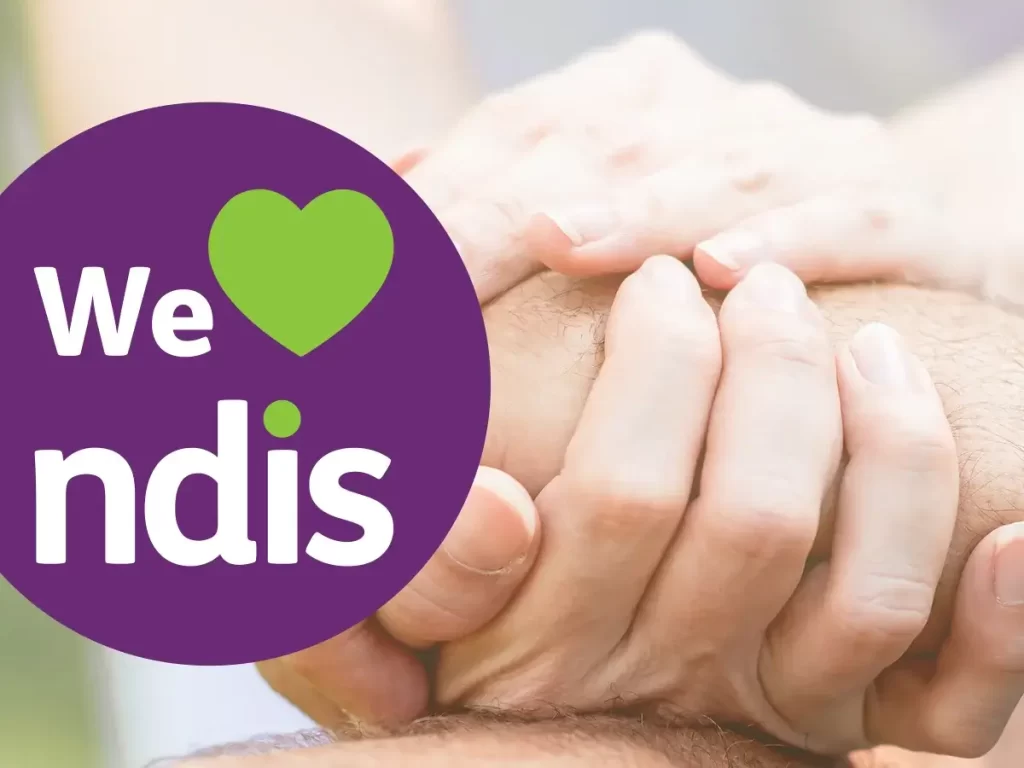FAQs
- Home
- FAQs

Yes, it is advisable to create a plan beforehand when scheduling a meeting with NDIS providers. Having a plan in place can help you make the most of your meeting and ensure that your needs and goals are accurately reflected in the support and services provided by the NDIS.
The NDIS provides funding for various types of assistance to support people with disabilities in their daily lives. These supports can be broadly categorised into three categories:
Core supports: These are supports that help participants with their everyday activities, including personal care, household tasks, and community access. Examples of core supports include assistance with showering, getting dressed, preparing meals, and participating in social activities.
Capital supports: These are supports that help participants purchase or maintain equipment, technology, or home modifications that will improve their quality of life. Examples of capital supports include wheelchairs, hearing aids, vehicle modifications, and home modifications.
Capacity-building supports: These are supports that help participants develop their skills and independence so that they can participate more fully in their community. Examples of capacity-building supports include training and education, support to find and maintain employment and support to develop social and communication skills.
No, if you are above 65 years of age, you are not eligible for the National Disability Insurance Scheme (NDIS). The NDIS has an age requirement and to be eligible for the NDIS, you must be under 65 years of age at the time of application
